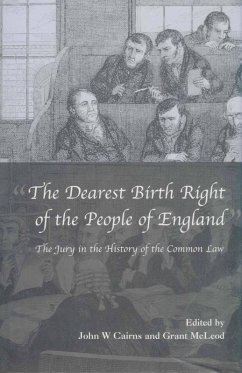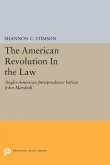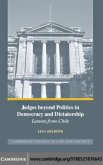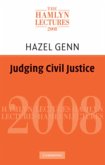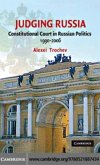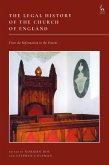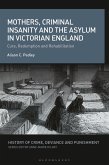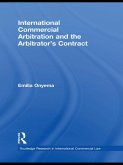While much fundamental research in the recent past has been devoted to the criminal jury in England to 1800,there has been little work on the nineteenth century, and on the civil jury . This important study fills these obvious gaps in the literature. It also provides a re-assessment of standard issues such as jury lenity or equity, while raising questions about orthodoxies concerning the relationship of the jury to the development of laws of evidence. Moreover, re-assessment of the jury in nineteenth-century England rejects the thesis that juries were squeezed out by judges in favour of market principles. The book contributes a rounded picture of the jury as an institution, considering it in comparison to other modes of fact-finding, its development in both civil and criminal cases, and the significance, both practical and ideological, of its transplantation to North America and Scotland, while opening up new areas of investigation and research.
Contributors:
John W Cairns
Richard D Friedman
Joshua Getzler
Roger D Groot
Philip Handler
Daffydd Jenkins
Michael Lobban
Grant McLeod
Maureen Mulholland
James C Oldham
J R Pole
David J Seipp
Contributors:
John W Cairns
Richard D Friedman
Joshua Getzler
Roger D Groot
Philip Handler
Daffydd Jenkins
Michael Lobban
Grant McLeod
Maureen Mulholland
James C Oldham
J R Pole
David J Seipp

